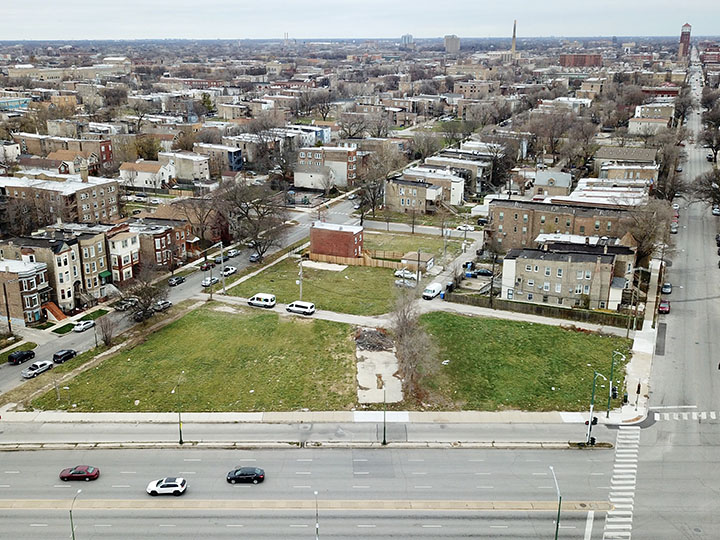The community of North Lawndale will remain intact after protests from residents concerned that Illinois lawmakers will break up the Black community during redistricting of the state’s legislative and judicial districts.
Residents said a redistricted North Lawndale would have diluted the Black voting power in that district.
Democrats recently made changes to their redistricting proposal after several public hearings in Springfield. Those changes included keeping more of the Chicago-area Orthodox Jewish community in a single district and keeping the North Lawndale neighborhood, a predominantly Black community, in one district.
North Lawndale residents were concerned that lawmakers would not keep North Lawndale together and draw Legislative District 9 and Senate District 5 boundaries that include historically Black voting majorities.
Residents were concerned that redistricting would take the east side of North Lawndale further north as far as Lincoln Park. They were also concerned that Cermak Road would be designated as a dividing line and the Black residents who lived south of Cermak Road would be part of a newly created majority Latino 23rd Representative District.
Those revised House and Senate maps are similar to a draft set of maps released late last week and were the subject of joint committee hearings Tuesday and Wednesday. During the May 25 hearing, the maps drew wide criticism from racial, ethnic and religious communities, particularly in the Chicago area, that complained they broke up communities of interest and diluted minority voting power.
The revised maps also reconfigure some Republican districts to reduce the number of districts that would have multiple GOP incumbents.
But those changes did not appear to satisfy many of the concerns that were raised about the earlier proposal, including one that called for a district made up largely of Middle Eastern and Arab American residents.
“I think our question now is, what else can we do?” Dilara Sayeed, of the Illinois Muslim Civic Coalition, asked during Friday’s (May 28) House committee hearing. “What else can we do to ensure that our voices have not just been audio heard, but our voices have been respected and listened to?”
Republicans also were harshly critical of how the latest redistricting proposal was released and the short notice members of the public had to offer public comment at the hearings.
Senator Sue Rezin, R-Morris, said the process by which the proposed maps were developed demonstrated the need for handing over the redistricting process to an independent commission.
The bill passed the Senate on a party-line vote of 41-18. A few hours later it came up in the House where the debate became even more partisan and acrimonious before it passed 71-45 on partisan lines just before 10 p.m.






